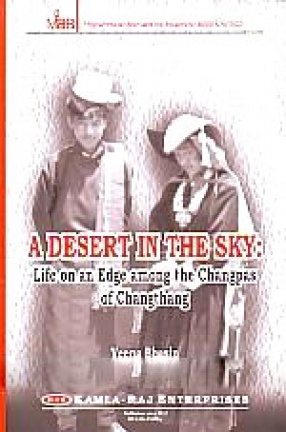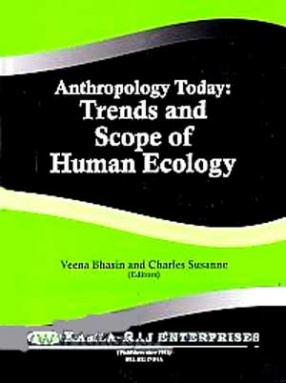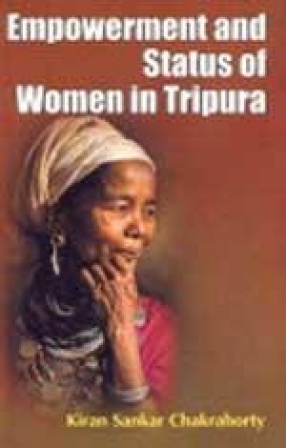It is generally presumed that tribals in India tend to be healthy, living as they do in unpolluted surroundings away from the stresses and strains of modern living. This no longer hold good as evident from the many health reports appearing with health related problems. It is alarming that sufficient data regarding tribal health is not available with the government itself. The plight of trabals whose health parameters are already well below the national average is worsening. One of the basic factors which affect the tribal health is the physical environment from which majority of them draw their sustenance. Degraded eco-systems are no longer able to support tribal population, many of whom have registered a higher growth rate than the national average. On the contrary, there are tribal communities, which are actually declining and being threatened with extinction, because of mainutrition which renders them more susceptible to diseases. The diseases epidemic proportion among tribals illiteracy and lack of access to medical care. The present study deals with human settlements, human activities and health among tribals of Rajasthan. Human settlements are territorially bounded social system or subsystems (economic, material culture, religious, political, ethical educational, legal, social reproductive etc.) serving a resident population in the tradition of anthropological science, the study was undertaken within total social and cultural context. Although research were was carried in few villages, but it did not confined only to these. Village was chosen as unit of study because it is the most manageable functional unit in which a pattern of tribal culture and structure of tribal society could be studied. The main purpose of the study was to obtain an integrated picture of the tribal’s health and sickness, nutritional status, socio-economic conditions, settlement pattern and environmental conditions against the background of existing medical and sanitary facilities available, so as to discover the main health provision and necessary measures for bringing about improvement in the health care system.

Medical Anthropology: Tribals of Rajasthan
by Veena Bhasin
$34.20
$38.00
In stock
Free & Quick Delivery Worldwide
All orders amounting to US$ 50 or more qualify for Free Delivery Worldwide. For orders less than US$ 50, we offer Standard Delivery at $14 per book.
ABOUT THE AUTHOR Veena Bhasin
Dr. Veena Bhasin is a Research Scientist-C (Professor Grade), appointed by the University Grants Commission, New Delhi, and attached to the Department of Anthropology University of Delhi, Delhi. she has a brilliant academic record, having done M.Sc. and Ph.D. from the University of Delhi. Since 1972, she is attached to the Department of Anthropology as Junior research Fellow (ICMR), New Delhi), Senior Research Fellow and Research Associate (MAB/UNESCO) Programme). Before achieveing the distinction of Research Scientist – C (since December 7, 1994). She has worked on the various positions (Research Scientist – A (Lecturer Grade), December 7, 1984 to 1989, and Research Scientist – B (Reader Grade), December 7, 1989 to 1994), allocated by the UGC and all these years she has always been attached to the Department of anthropology, University of Delhi. She has done extensive field work and research work on Human Ecology and Medical Anthropology in the Himalayan region (Jammu and Kashmir, Himachal Pradesh and Sikkim) and Rajasthan especially among the Tribal Groups. She has more than 60 research papers to her credit. She has authored nine books and edited four. Her published research work is of high academic merit, recognized internationally. She is guiding Ph.D. students. She is Managing Editor of internationally reputed journals Journal of Human Ecology and Journal of Social Science and Editor of Studies of Tribal and Tribals and the Anthropologist.
reviews
0 in total
Review by Anonymous
Be the first to review “Medical Anthropology: Tribals of Rajasthan” Cancel reply
You must be logged in to post a review.
Bibliographic information
Title
Medical Anthropology: Tribals of Rajasthan
Author
Edition
1st ed.
Publisher
ISBN
818526435X
Length
viii+349p., Tables; Maps; References; Index; 23cm.
Subjects
more by Veena Bhasin see more
similar bookssee more
Women and Development
$48.60
$54.00






There are no reviews yet.